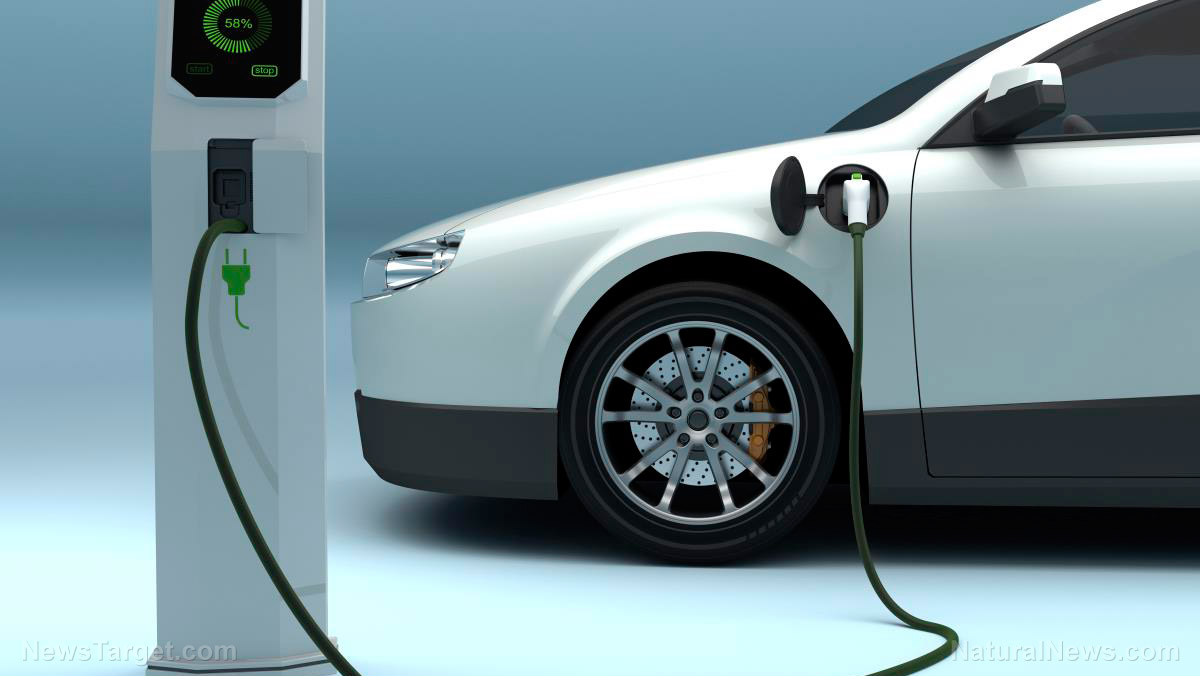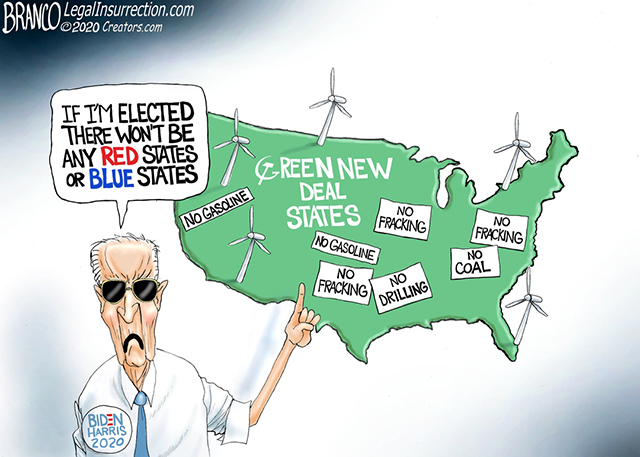Study finds electric vehicles are heavier and cause more damage to roads than gas and diesel cars
06/30/2023 / By Arsenio Toledo

A British study has found that heavy electric vehicles cause twice as much damage to road surfaces as their internal combustion engine-powered equivalents.
This study, led by researchers from the University of Leeds, has found that the average electric car puts 2.24 times more stress on the roads than a gas-powered vehicle of similar size and 1.95 times more stress than a diesel-powered car. Meanwhile, larger electric vehicles – categorized as vehicles weighing over 2,000 kilograms (2.2 tons) – cause as much as 2.32 times more wear to roads. (Related: Study finds gas-powered vehicles are more economical than EVs.)
This added stress on roads causes greater strain on the asphalt, which can lead to small cracks developing that, if not immediately fixed, will soon expand and eventually become potholes.
This analysis took into account 15 popular electric vehicles and compared them to their gas- and diesel-powered counterparts, revealing that EVs on average weigh 312 kilograms (689 pounds) more. This increased weight of EVs has been primarily attributed to their heavy batteries, which can usually weigh up to 500 kilograms (1,102 pounds) or more.
More EVs on the road means more has to be spent on road maintenance
The Leeds University researchers noted that the additional weight of the EVs is not thought to have a great impact on Britain’s main roads and highways, which have been designed to handle much heavier vehicles like trucks for decades. The real damage is reportedly done on residential streets and other local roads, which are not designed to handle heavy vehicles often.

But this still does not bode well for the United Kingdom, which is already suffering from a pothole crisis in its local roads, with half as many potholes filled last year compared to a decade ago. Furthermore, the cost to fix one pothole is steadily rising.
An analysis by the British trade organization the Asphalt Industry Alliance estimated that it will cost nearly 61,700 British pounds ($77,864) to maintain every mile of a local road in England and Wales.
“Unclassified roads would not have been designed to accommodate HGV [heavy goods vehicle] axle weights, so heavier electric cars could exacerbate existing weaknesses, thereby accelerating decline,” said Rick Green, chair of the alliance.
Another estimate suggests that, in order to fill every single pothole in the U.K., it would cost the British government as much as 12 billion pounds ($15.144 billion) in taxpayer money.
This is also not the first time the impact of electric cars on potholes has been studied. One previous study by the University of Edinburgh found that the continued rollout of electric trucks could increase the damage to roads in Scotland by almost a third.
Lead researcher John Low estimated that it could cost the Scottish government and local and regional councils an additional 164 million pounds ($207 million) each year to maintain the roads if all buses and trucks became electric.
Low further warned that the impact could be greater on roads not designed for heavier vehicles to traverse regularly.
“Given the overwhelming impact of larger vehicles, the proportion of large vehicles would have to be very much smaller than the nationwide average for the impact of cars, etc. to be significant,” said Low, who suggested that more research could be conducted on other kinds of vehicles that are not as heavy as EVs.
The number of cars on Britain’s road has tripled to over 900,000 since 2019 as their estimated ranges and the number of manufacturers marketing them in the U.K. has increased. As the number of EVs in the country continues to rise, it is very likely that British taxpayers will have to spend more just to keep their roads well-maintained.
Learn the truth about how inefficient and not climate-friendly electric vehicles are at RoboCars.news.
Watch this video discussing how electric vehicles are not safe, effective or green.
This video is from the channel The Prisoner on Brighteon.com.
More related stories:
Sources include:
Submit a correction >>
Tagged Under:
big government, Britain, cars, Dangerous, diesel cars, electric cars, electric vehicles, future tech, gas cars, green living, Green New Deal, inventions, potholes, products, real investigations, research, road maintenance, roads, streets, truth, United Kingdom
This article may contain statements that reflect the opinion of the author




















